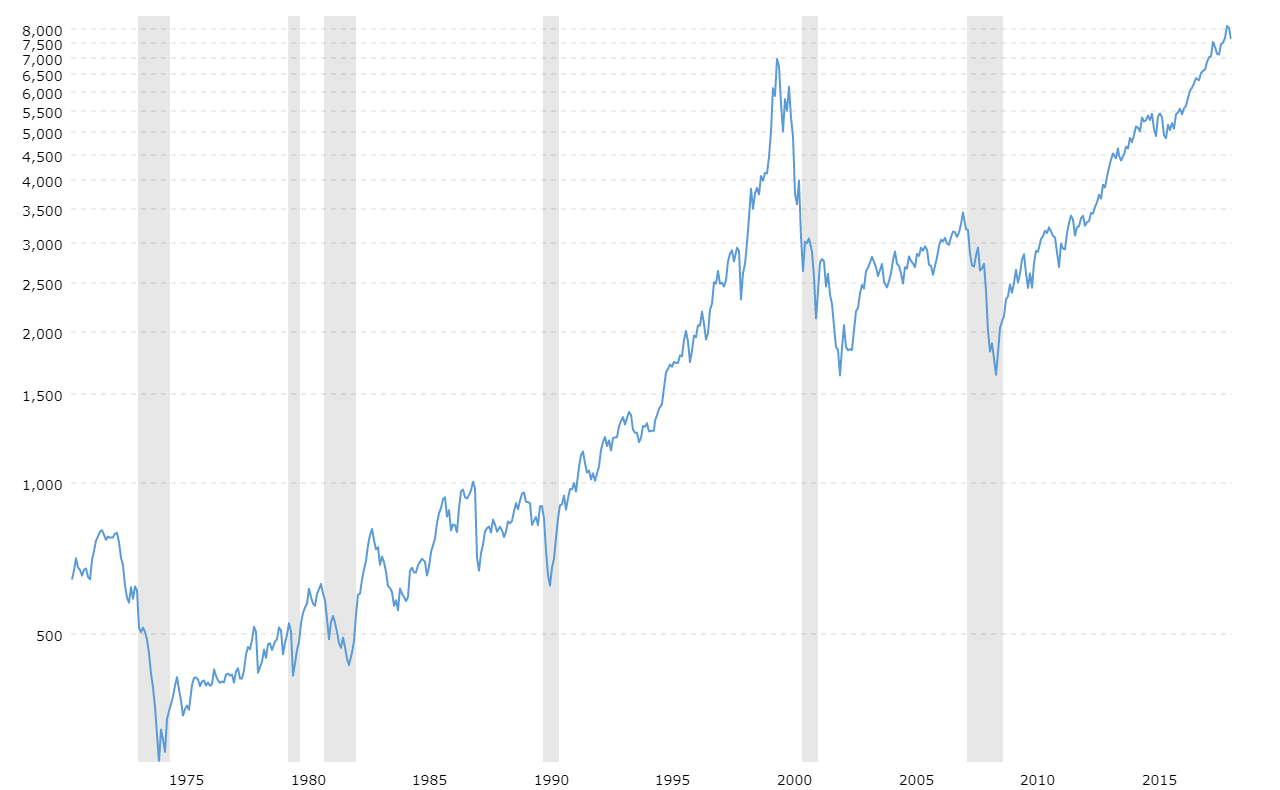HereWeGoAgain
Diamond Member
Were among their biggest customers. That means we're feeding the monster and turning into exactly what you say.
I'm all for buying American.
Problem is nothing is made here anymore.
With taxes being so high it just makes sense to go overseas to have a product made.
